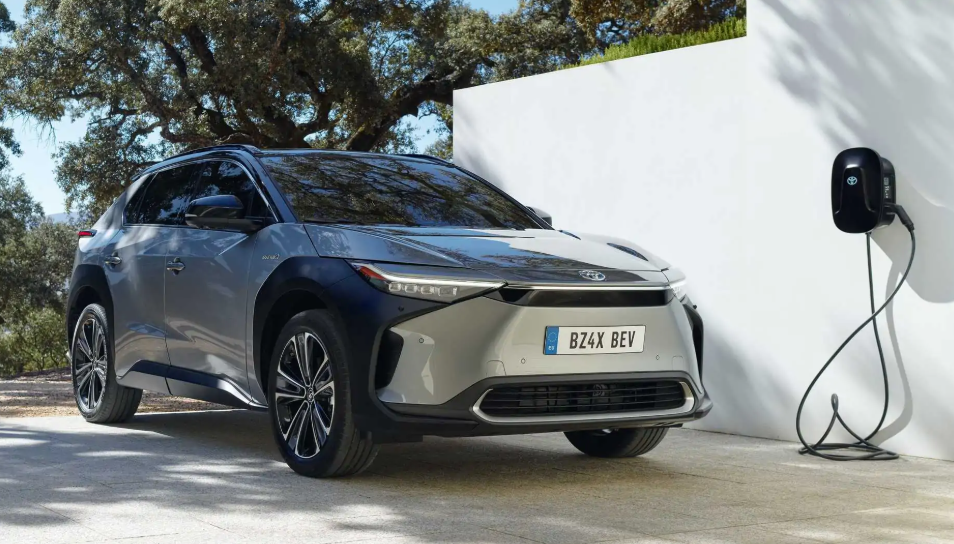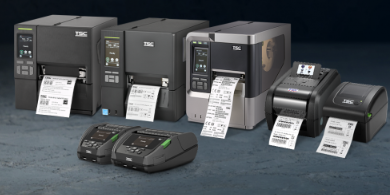
The Future Of Mobility: Embracing The Electric Car
Understanding The Rise Of The Electric Car
In recent years, the electric car has become one of the most significant transformations in the transportation industry. With increasing concerns over environmental pollution, climate change, and fuel scarcity, the automotive sector has shifted gears toward more sustainable options. The electric car is now at the center of this evolution, offering a clean, energy-efficient, and technologically advanced alternative to traditional gasoline-powered vehicles.
Governments, automakers, and consumers alike are investing heavily in the electric car revolution. Tax incentives, infrastructure development, and consumer awareness are driving adoption rates higher than ever before. The modern electric car is no longer a niche product; it is fast becoming mainstream.
How Electric Cars Work
An electric car operates using an electric motor powered by a rechargeable battery. Unlike internal combustion engines, electric motors have fewer moving parts, making them more efficient and easier to maintain. When the driver presses the accelerator, electricity flows from the battery to the motor, propelling the car forward. The battery is recharged by plugging the car into a charging station, which can be either a public charger or a home unit.
There are generally two types of electric vehicles: battery electric vehicles (BEVs) and plug-in hybrid electric vehicles (PHEVs). BEVs run solely on electricity, while PHEVs combine an electric motor with a traditional gasoline engine, allowing for extended range when the battery is depleted.
Benefits Of Owning An Electric Car
The electric car offers numerous benefits for both the environment and the driver. Perhaps the most compelling advantage is the reduction of greenhouse gas emissions. Since these vehicles produce zero tailpipe emissions, they contribute to improved air quality and reduced urban pollution.
Economically, owning an electric car can lead to significant savings. Electricity is typically cheaper than gasoline, and electric cars require less maintenance because they have fewer moving parts. There is no need for oil changes, fuel filters, spark plugs, or emission checks, which can save thousands over the life of the vehicle.
In addition, many countries offer incentives such as tax rebates, grants, and reduced registration fees to encourage electric car adoption. Some cities also provide privileges like access to carpool lanes or free public charging stations.
Challenges In The Transition
Despite the benefits, there are still challenges associated with the widespread adoption of the electric car. One major concern is the limited availability of charging infrastructure in some areas. While progress is being made, rural regions and underdeveloped markets often lack sufficient charging stations.
Battery technology also remains a hurdle. Although advances have extended the range of many electric cars, some consumers still experience “range anxiety”—the fear that the battery will deplete before reaching a charging station. Charging time is another issue; even fast-charging stations can take 30 minutes or more to provide a significant charge.
The initial purchase price of an electric car is often higher than that of a comparable gasoline vehicle. However, this cost is decreasing as battery production becomes more efficient and economies of scale are realized.
See also: Trends in Communication Technology to Watch This Year
Electric Cars And Renewable Energy
One of the most exciting aspects of the electric car is its synergy with renewable energy. When charged using solar, wind, or hydroelectric power, an electric car becomes an entirely clean transportation option. This integration helps reduce dependency on fossil fuels and supports a transition to a more sustainable energy ecosystem.
Additionally, electric cars can contribute to grid stability through vehicle-to-grid (V2G) technology. This allows car batteries to store excess electricity and feed it back into the grid during peak demand, offering a promising solution for future smart cities.
Technological Advancements Driving Growth
The electric car industry is benefiting from rapid advancements in technology. Battery efficiency continues to improve, resulting in longer driving ranges and shorter charging times. Innovations in solid-state batteries, for example, promise to revolutionize the industry by providing greater energy density and faster recharging capabilities.
Autonomous driving features are also being integrated into electric cars, blending sustainable transportation with cutting-edge AI. From adaptive cruise control to lane-keeping assistance, electric vehicles are increasingly equipped with technologies that make driving safer and more convenient.
Software updates are another unique feature. Many electric cars, especially those produced by leading brands, receive over-the-air software updates that improve performance, add new features, and enhance user experience without requiring a trip to the dealership.
The Role Of Governments And Policy
Government policies play a crucial role in promoting the use of the electric car. Many countries have set ambitious targets to phase out gasoline and diesel vehicles in favor of electric alternatives. These policies include banning the sale of new internal combustion engine vehicles by a certain date, investing in public charging infrastructure, and offering financial incentives to buyers.
Furthermore, regulations on emissions and fuel efficiency standards are pushing automakers to accelerate their electric vehicle programs. This has led to increased competition and innovation, making electric cars more accessible and appealing to a broader audience.
Environmental Impact And Sustainability
The electric car has the potential to significantly reduce the carbon footprint of the transportation sector. By replacing fossil fuel-powered it can cut down emissions and decrease dependence on non-renewable resources. However, the sustainability of electric cars depends on how they are manufactured and what sources of energy are used for charging.
Recycling of lithium-ion batteries is becoming an important area of focus. As the number of electric vehicles increases, so does the need for sustainable battery disposal and reuse. Companies are investing in second-life battery applications and recycling facilities to minimize environmental impact.
The Consumer Perspective
Today’s consumers are more environmentally conscious and tech-savvy than ever. The appeal of owning an electric car goes beyond saving money—it reflects a lifestyle choice and a commitment to sustainability. With more models becoming available in various sizes and price ranges, there is an electric car for nearly every need.
Consumer confidence is growing as range improves, infrastructure expands, and costs decline. Moreover, electric cars are no longer limited to compact urban vehicles; SUVs, trucks, and luxury sedans are now available in electric versions, widening the market and broadening their appeal.
Looking Ahead
The future of the electric car looks incredibly promising. Industry analysts predict that electric vehicles will dominate global car sales in the coming decades. As technology continues to evolve, the electric car will become even more efficient, affordable, and integrated into our daily lives.
Manufacturers are committing billions of dollars to electric vehicle development, and governments are reinforcing this shift through supportive legislation. In the near future, charging your car may become as common as charging your phone, and zero-emission transportation may become the global standard.
In conclusion, the electric car is more than just a trend—it is a fundamental shift toward a cleaner, smarter, and more sustainable future. While challenges remain, the momentum behind this change is undeniable, and the world is accelerating towards a greener tomorrow.



